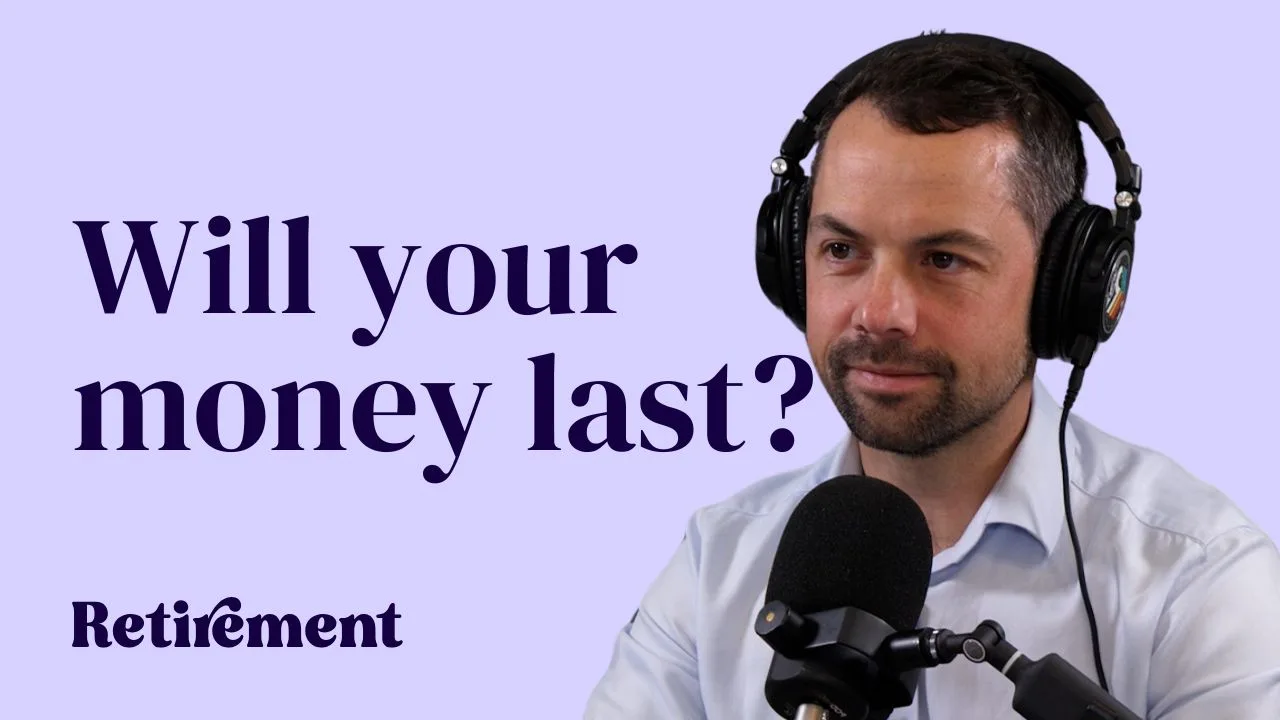With the Commonwealth Bank of Australia (ASX: CBA) share price languishing at $70, it’s worth asking will the bank will ever get back to $90?
Commonwealth Bank of Australia or CBA is Australia’s largest bank, with commanding market share of the mortgages (24%), credit cards (27%) and personal lending markets. It has 16.1 million customers, 14.1 million are in Australia. It is entrenched in the Australian payments ecosystem and financial marketplace.
What’s going on at CBA?
Australia’s largest bank has seen its share price fall by over 26% during the past four years. The share price has been on a downward trajectory ever since then.
Back in 2015, ASX investors were looking for shares with a high dividend yield which drove up shares like Westpac Banking Corp (ASX: WBC), Australia and New Zealand Banking Group (ASX: ANZ), National Australia Bank Ltd (ASX: NAB) and Telstra Corporation Ltd (ASX: TLS).
CBA is a fairly diversified business with divisions like CommSec, although it is looking to divest some of its segments due to the troubles that have been raised because of the Royal Commission. Although the CBA demerger plans of its wealth business are currently on hold.
The main part of CBA’s profit is the Australian residential property market. All CBA needs to do is maintain a good quality loan book to do fairly well over the long term – which it has been doing. CBA’s good look book and lower interest rates are why its bad debts are very low right now.
However, whilst Australian house prices had a great run between 2012 and 2017, it’s not looking so good any more. According to CoreLogic, Sydney house prices (the biggest housing market by value) have fallen by 10.4% over the past year. This raises the possibility of bad debts for the big banks like CBA.
There is also a potential issue with the amount of interest only loans shifting to principal & interest repayments which may be too much for some borrowers to handle with interest rates charged by banks being higher, although it is pleasing to see that there has been a substantial amount of customer initiated changes.
Is the CBA share price going to hit $90?
A share price will ultimately follow the earnings of a company. CBA’s earnings aren’t going anywhere at the moment with the amount of legal and remediation costs it’s paying due to the various issues raised in the Royal Commission hearings.
With APRA and ASIC looking to be much more active, it’s unlikely that the big banks will be as free as they have been.
CBA is also facing rising competition from its large and smaller peers, particularly from online-only ones like ING. Loans are increasingly being seen as commodity-like products, where they can be compared to a wide range of other loans.
CBA has a fully franked dividend yield of 6%, which is quite attractive, but until the Australian property market stops declining it’s quite likely that CBA profit growth will be sluggish at best, which was a slight increase of 1.7% of continuing cash profit in the half year result. Therefore, it could take a long time to get back to $90.
3 Proven ASX Shares Better Than CBA?
[ls_content_block id=”14945″ para=”paragraphs”]







